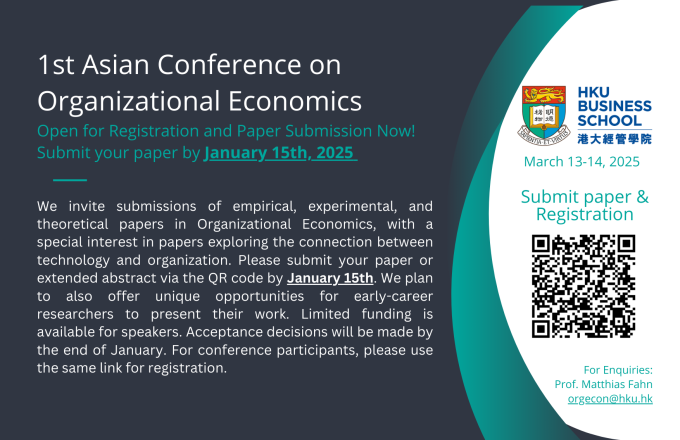Combining a Smart Pricing Policy with a Simple Replenishment Policy: Managing Uncertainties in the Presence of Stochastic Purchase Returns
Miss Alys Liang
Ph.D. Candidate in Technology & Operations
Stephen M. Ross School of Business
University of Michigan
Regarded as the “ticking time bomb” in the industry, returns have cost retailers hundreds of billions of dollars in the US. This has prompted businesses to adapt by charging extra delivery fees, increasing prices (to compensate for the return cost) or allowing “returnless refunds”. Undesirable as returns are, it is generally accepted that they cannot be entirely eliminated and lenient return policies are necessary to maintain customer loyalty. Motivated by this reality, we ask: How can a retailer offering a free return and refund policy improve profitability through joint inventory and pricing control? We model a single store/warehouse setting with lost sales, positive lead time, periodic review, and Binomial (Poisson) demand. Any purchase can be returned at a full refund within a grace period and might be restocked after passing inspection. Jointly optimizing inventory and pricing is challenging since the state variables must track the return status of all past purchases. We develop an easy-to-implement heuristic policy that combines a “smart” adaptive pricing policy with a very simple replenishment policy. Our key insight is that uncertainties in both demands and returns are effectively managed by the price control. We show that the relative loss of this policy converges to zero at a rate much faster than the usual square-root when the annual market size becomes large. In addition, our results can be extended to more general settings including: (1) return fees and partial refunds; (2) non-stationary demand rate functions; and (3) service level constraints.











